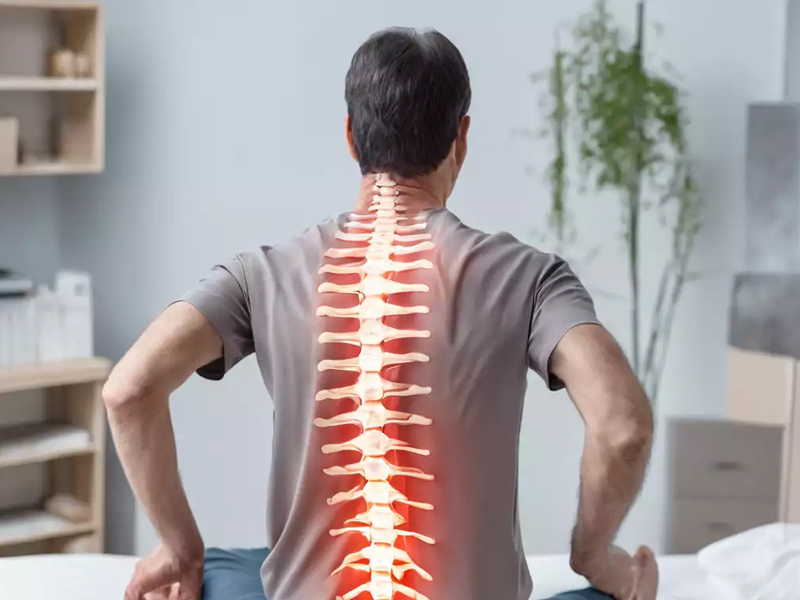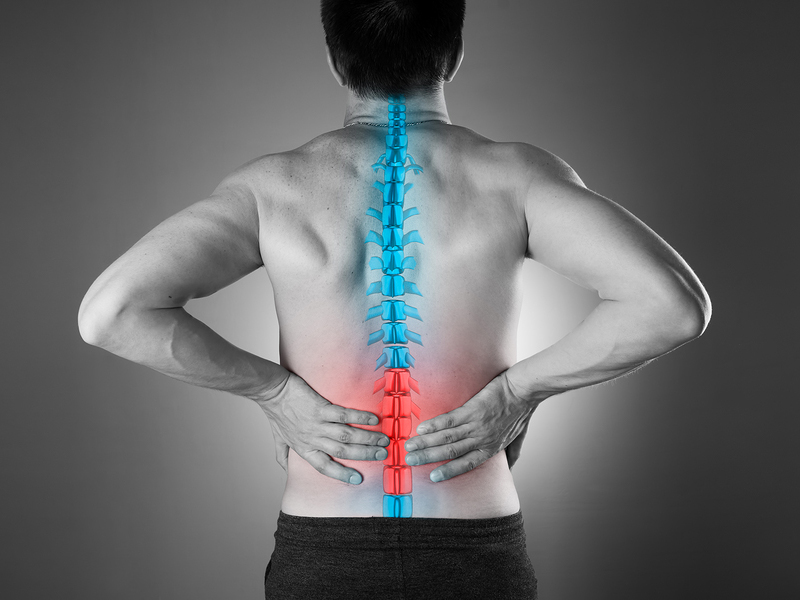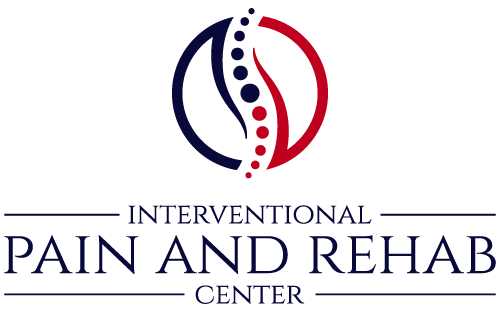Spinal Related Disorders
Appointment
Fill Out The Form Below
Working Hour
- 8 AM - 5 PM
- 8 AM - 5 PM
- 8 AM - 5 PM
- 8 AM - 5 PM
- 8 AM - 5 PM
- Closed
- Closed

Spine Related Disorders
Because of the complexity of the spine, receiving the right diagnosis and care for your back pain is essential to returning to the life you enjoy. The following categories often include spine pain:
Neck Pain (Cervical Spine Pain)
The seven vertebrae that make up your neck are numbered C1–7. Numerous factors, including as degeneration, trauma, or poor ergonomics, might result in neck pain. Among the causes of neck pain are Discs, Facet Joints, Bones, Ligaments.
Cervical radiculopathy is the term for when a condition in your neck pinches a nerve or nerves as they leave your neck and travel to your arms. Your arms may experience tingling, numbness, radiating pain, or weakness as a result.
Lower Back Pain (Lumbar Spine Pain)
Usually, the five vertebrae that make up your low back are numbered L1–5. There are those who have a sixth lumbar vertebrae. In fact, 84% of adults report having back discomfort at some point in their lives. Additionally, low back pain may result from prolonged positions, lifting something heavy and bending, twisting movements.
Disc herniation or degeneration, facet joints, sacroiliac joints, bone pain from a compression fracture, and pain from strain injuries to the ligaments and/or muscles are some of the sources of lumbar pain. A nerve that is constricted as it leaves the spine develops sciatica, also known as lumbar radiculopathy. This is frequently the result of a bone spur or disc herniation. Your legs may become weak, numb, tingly, or hurt all the way down.

Spine Related Disorders (Thoracic Spine Pain)
The twelve vertebrae that make up your thoracic spine are numbered T1–12. Disc degeneration, facet joint pain, strain injuries, and compression fractures are some of the causes of thoracic pain. Although thoracic radiculopathy is rare, it is usually felt as a searing pain encircling the front of the chest or belly. It is caused by compression of a nerve root as it leaves the spine.
Emergency Spine Care
Though uncomfortable, the majority of spine problems are not life-threatening. Nonetheless, in certain situations, you do need to see your doctor right away at the Denver Spine and Pain Institute or your neighborhood emergency room. Among them are:
- Cauda equina syndrome is characterized by an abrupt loss of control over one’s bowels or bladder, leg paralysis, and/or loss of feeling in the legs and buttocks.
- Severe pain in the head, neck, or back that is accompanied by other symptoms such a fever, clumsiness, weakness, disorientation, falls, or altered senses
